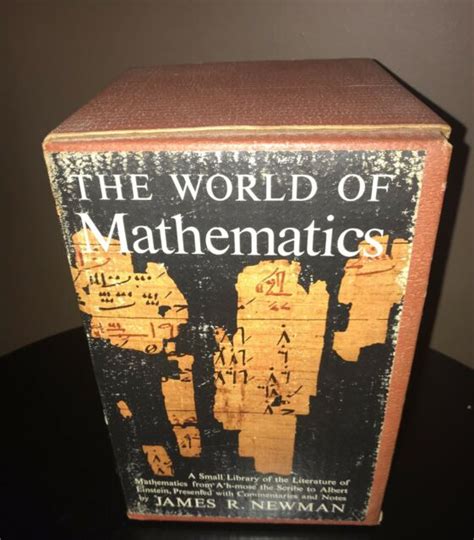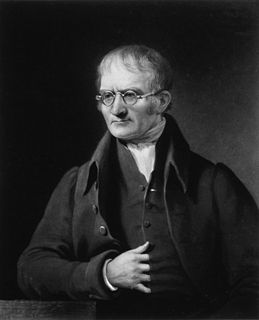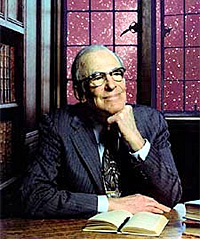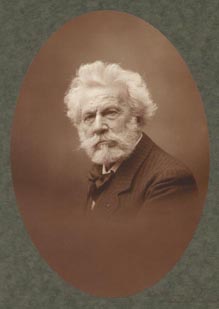A Quote by James R Newman
The discovery in 1846 of the planet Neptune was a dramatic and spectacular achievement of mathematical astronomy. The very existence of this new member of the solar system, and its exact location, were demonstrated with pencil and paper; there was left to observers only the routine task of pointing their telescopes at the spot the mathematicians had marked.
Related Quotes
Astronomy may be revolutionized more than any other field of science by observations from above the atmosphere. Study of the planets, the Sun, the stars, and the rarified matter in space should all be profoundly influenced by measurements from balloons, rockets, probes and satellites. ... In a new adventure of discovery no one can foretell what will be found, and it is probably safe to predict that the most important new discovery that will be made with flying telescopes will be quite unexpected and unforeseen.
When Hubble was launched, it became clear very shortly thereafter that there was a problem with the optics.The mirror was not quite the right shape. And the one program that I had really been looking forward to doing with Hubble was studying outer planets in our solar system, the planets Uranus and Neptune.
The Moon is a ball of left-over debris from a cosmic collision that took place more than four billion years ago. A Mars-sized asteroid - one of the countless planetesimals that were frantically churning our solar system into existence - hit the infant Earth, bequeathing it a very large natural satellite.
Kid says to me, "You play baseball? What position? Left out?" and gets a big laugh from the rest of the class. Kid is only one person out of 6.792 billion humans on this planet. This planet is only one-eighth of the solar system, whose sun is one of two billion stars in the Milky Way galaxy. Put it that way, the comment loses it's importance.
Mathematicians can and do fill in gaps, correct errors, and supply more detail and more careful scholarship when they are called on or motivated to do so. Our system is quite good at producing reliable theorems that can be solidly backed up. It's just that the reliability does not primarily come from mathematicians formally checking formal arguments; it comes from mathematicians thinking carefully and critically about mathematical ideas.
Sir, The Planet [Neptune] whose position you marked out actually exists. On the day on which your letter reached me, I found a star of the eighth magnitude, which was not recorded in the excellent map designed by Dr. Bremiker, containing the twenty-first hour of the collection published by the Royal Academy of Berlin. The observation of the succeeding day showed it to be the Planet of which we were in quest.
In the next century or two, we humans will have planet-finder telescopes that span our solar system with mirrors strewn from here to Jupiter, giving us enormous angular resolution so we can do the kind of science that a self-respecting advanced civilization ought to be doing. We should someday be imaging the continents on other planets. We can't do that yet, but aliens can do that already, so they know we are here.
It changes your perspective to be able to look out the window and see the planet. One of the thoughts that I had when I first got up here was, 'We really do live on a planet, and we are in a solar system, and we are flying through space right now.' I mean, this is something that you know, obviously, but to see the planet - it's amazing.




































